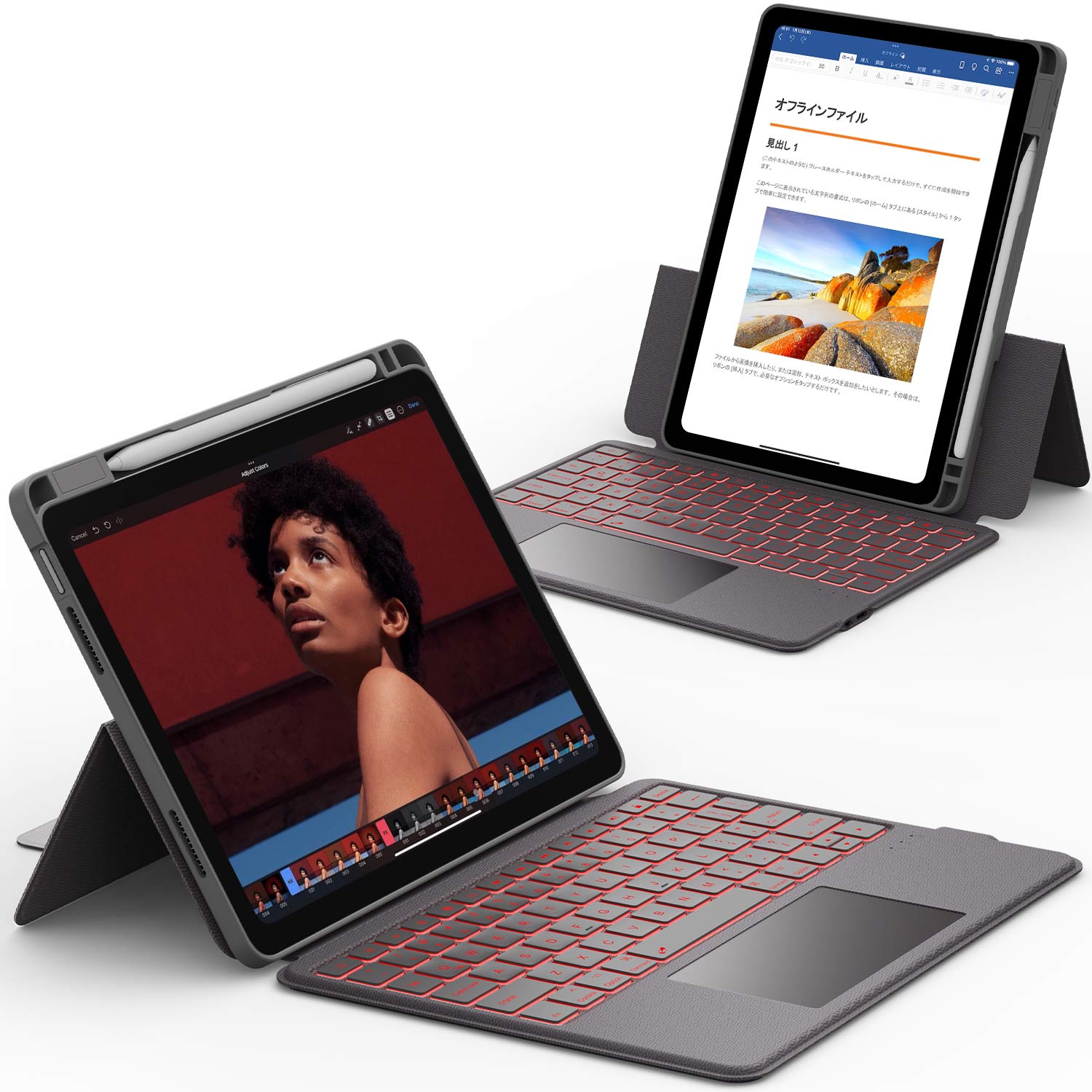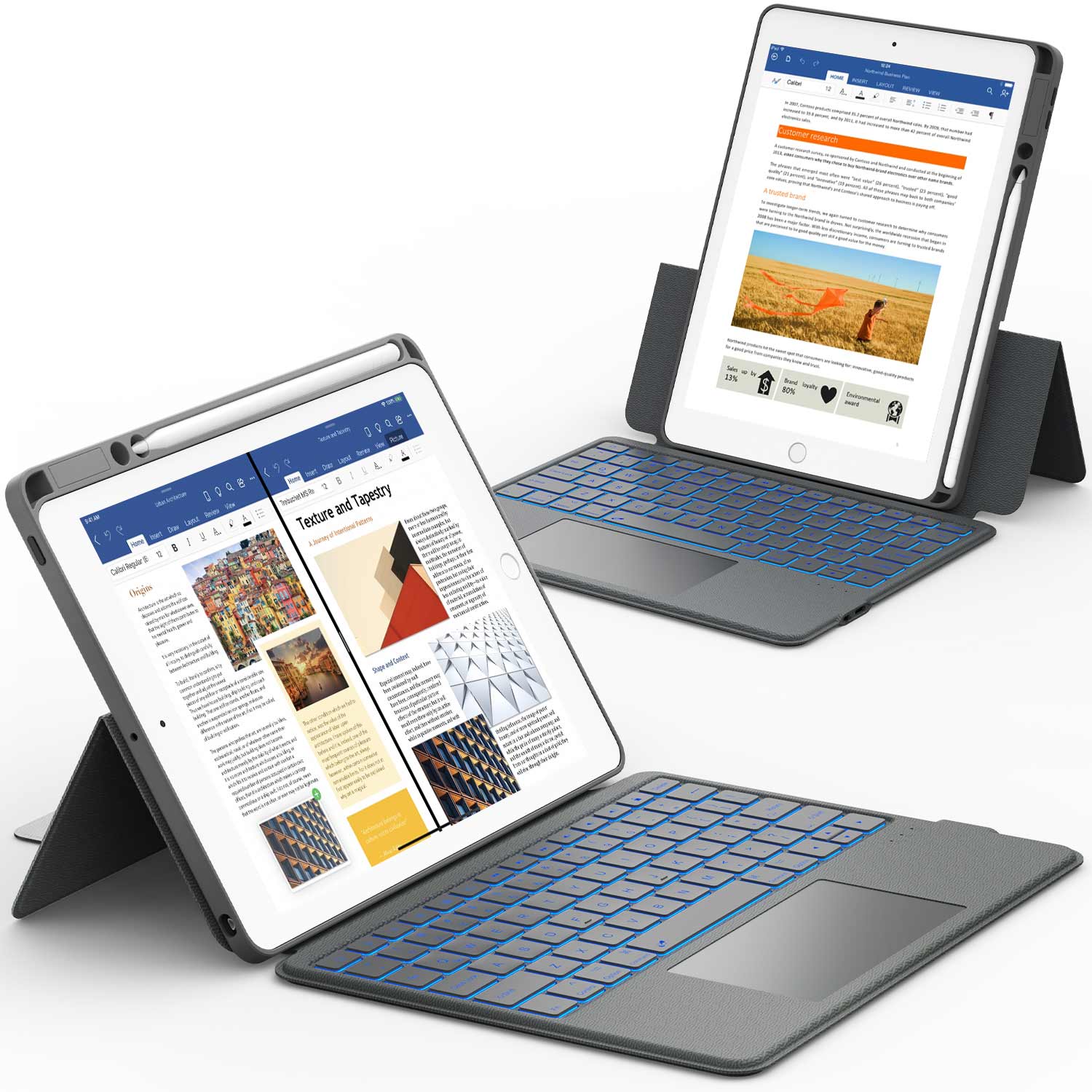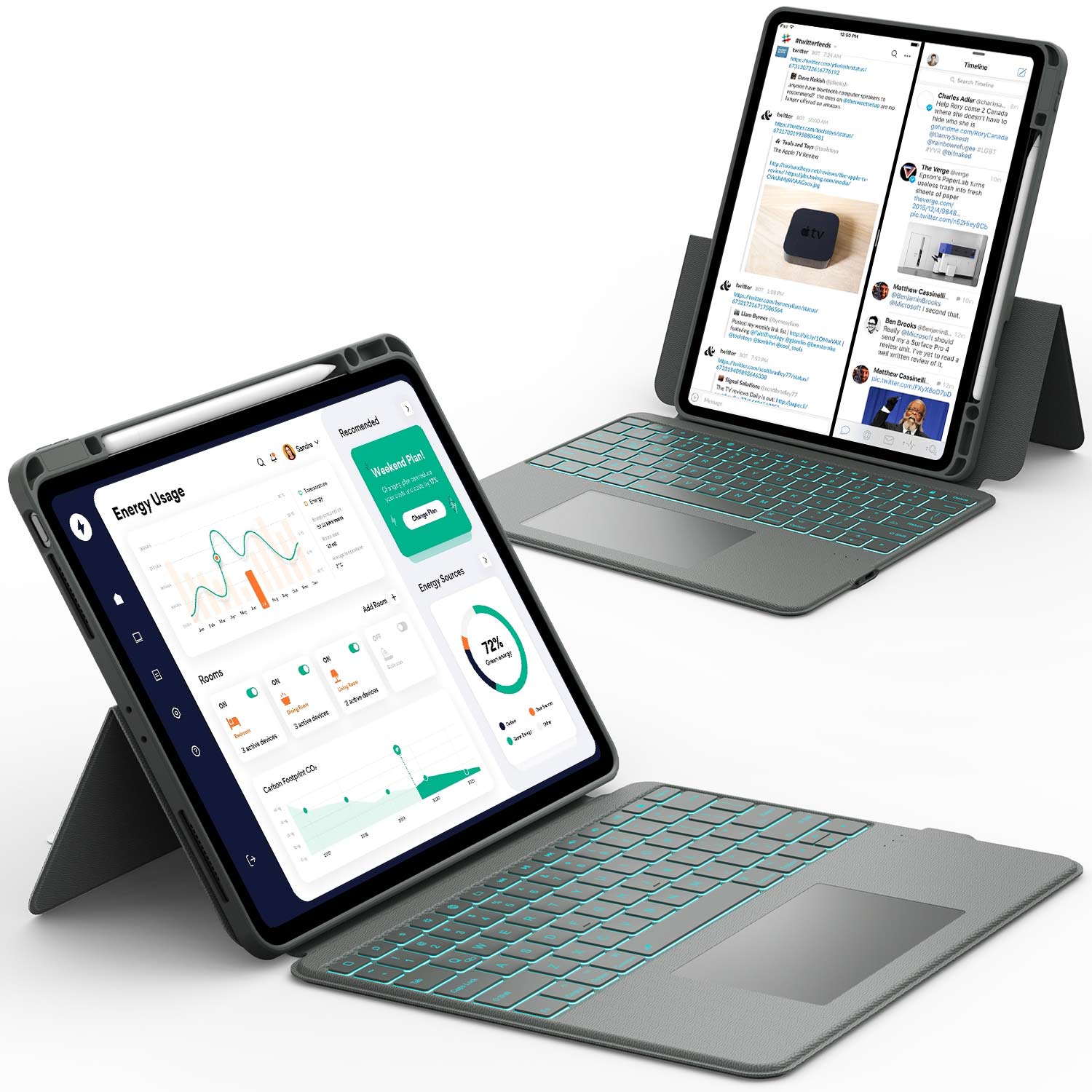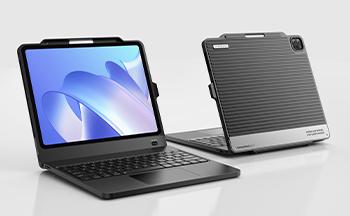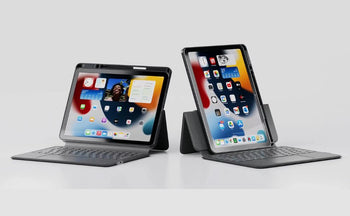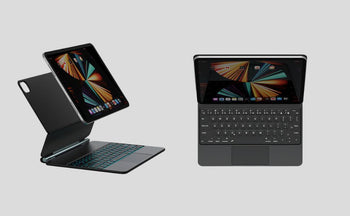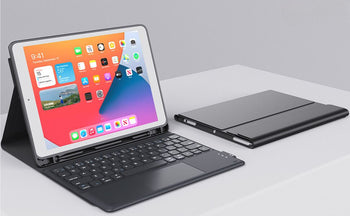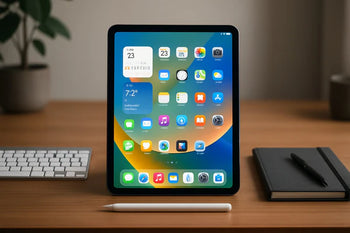Few debates in the tech world are as heated and emotional as the Android vs. iOS debate. Both operating systems power billions of smartphones worldwide.
If you are ready to buy a new phone or just want to settle the argument once and for all, understanding their differences matters.
In this guide, we break down every aspect of this rivalry, from user experience and design to pricing, updates, and security, so you can decide which OS best fits your lifestyle.
Quick Takeaways ⚡:
- Android gives you variety, customization, and price flexibility.
- iOS delivers better security, smoother updates, and a tighter ecosystem.
- If you love flexibility and want many device choices, Android is the better fit.
- If you value simplicity and long-term updates, iOS is the smarter choice.
- The best choice depends on what you prioritize in daily use.
🔥 You May Want To Shop 🔥
The Android vs iOS Debate: Why It Matters
When Apple launched the first iPhone in 2007, it changed the way we interact with technology forever.
A year later, Google introduced the first Android device. Since then, the two have competed fiercely, shaping how phones are designed and how we live with them.
Why does this battle matter so much? Because almost every smartphone in the world runs on one of these two platforms.
They have completely different approaches to design, user needs, and business models. Choosing one is not just about picking a phone; it shapes how you interact with technology.
📌Also Read: iPad vs Samsung: Which Offers Better Value?
Android vs iOS: User Experience
Android and iOS offer different user experiences that suit different needs and preferences. Android allows you to customize your device more, while iOS is known for its smooth and intuitive interface.
Both systems have their strengths in speed, app stores, and security. Choosing between Android and iOS comes down to what feels best and works well for you every day.

iOS: Simplicity First
Apple built iOS to be clean, user-friendly, and consistent. Everything looks and feels similar, whether you use an iPhone 6 from years ago or the latest iPhone 15. Apple designs the system for people who want a smooth experience without needing to tweak every detail.
Benefits of iOS user experience:
- Intuitive design that anyone can pick up.
- Minimal bugs and smoother animations.
- Familiar look across all devices.
- Less fragmentation, meaning old apps still work smoothly.
Android: Freedom to Personalize
Android takes the opposite approach. It gives you choices on how your phone looks, feels, and functions.
From adding widgets on your home screen to downloading apps from multiple app stores, Android gives you control.
You can pick devices made by Samsung, Google, OnePlus, or budget brands.
Benefits of Android user experience:
- Home screen customization with widgets and themes.
- Variety of phone brands, models, and sizes.
- Features like split-screen multitasking, always-on displays, and multiple user profiles.
- Works great with multiple accessory makers and third-party apps.
Verdict: iOS is best for simplicity and ease of use. Android is perfect if you love personalization and variety.
Android vs iOS: Performance and Speed
When it comes to performance and speed, both Android and iOS offer fast and reliable experiences, but they manage resources differently.
iOS is often praised for smooth, consistent performance across devices, while Android provides flexibility with hardware options that can vary in speed and power.
iOS Performance with Apple Chips
Apple designs its own chips, such as the A17 Bionic in the latest iPhones, which integrate seamlessly with iOS.
The result is a smooth performance that is hard to match. Even older iPhones perform reliably for years.
Key points:
- Apple’s vertical integration ensures maximum efficiency.
- Apps are optimized specifically for iPhones.
- Very little lag, even after years of use.
Android Performance Across Devices
Android runs on thousands of phone models with different processors, amounts of RAM, and screen types.
Premium Android phones, such as the Samsung Galaxy S25 Ultra or Google Pixel 9 Pro, run incredibly fast. But budget Androids may start to lag.
Key points:
- Top Android models rival or exceed iPhone speeds.
- Performance depends on brand and chipset.
- Lower-end devices may struggle with heavy apps.
Verdict: If you want guaranteed long-term speed, iOS wins. If you buy flagship Android devices, you get very similar performance plus more variety in hardware.
📌Also Read: 5 Key Differences: Samsung Tablet vs iPad
Android vs iOS: Apps and Software Updates
Both Android and iOS have huge app stores with millions of options, but iOS apps often get updates and new features first.
When it comes to software updates, iOS provides faster and more consistent updates across all its devices, while Android updates can vary depending on the phone brand and model.
App Quality and Availability
Many developers create apps for iOS first, since iPhone users are more likely to pay for apps.
This means iOS sometimes gets exclusive or early releases. Apple’s strict App Store policies also ensure that apps are of higher quality.
For Android, there are many more apps overall, partly because it allows third-party app stores to operate.
If you want unique or experimental apps, Android is more open to them. However, that freedom increases the risk of low-quality apps.
Comparison:
- iOS App Store has better quality and polished apps.
- Android has a larger overall library and more free apps.
Software Updates
Updates are where the differences really stand out. Apple rolls out iOS updates to every supported iPhone globally on the same day. An iPhone 11 from 2019 is still compatible with the latest iOS in 2025.
On Android, updates depend on your brand and carrier. Google Pixel phones are an exception, receiving updates as soon as they are released.
Samsung and a few others now promise up to 7 years of updates, but most budget phones stop at 2 or 3 years.
Verdict: iOS clearly wins in terms of speed and consistency of updates. Android has improved, though flagship models from Google and Samsung are catching up.
📌Also Read: Best Tablet for the Money: Value That Lasts
Android vs iOS: Security and Privacy
Both Android and iOS take security and privacy seriously, but use different approaches.
iOS is known for its strict app review process and strong privacy features, while Android offers more customization but relies on users and manufacturers to stay protected.
iOS Security
Apple places a huge emphasis on privacy. All apps go through strict App Store checks. iPhones also get instant security patches. Location and data permissions are tightly controlled.
Key points:
- More consistent security updates.
- Less malware risk with a closed ecosystem.
- Features like Face ID and on-device Siri processing protect privacy.
Android Security
Android has improved with Google Play Protect, enhanced permissions, and encryption by default. However, its openness also allows for more potential threats, especially if users install apps from outside the Google Play Store.
Key points:
- Advanced security tools on Pixel and Samsung devices.
- More risks from malware due to openness.
- Security depends on how quickly brands push updates.
Verdict: iOS still has a stronger edge in security, though Google has worked hard to close the gap.
📌Also Read: 3 Ways to Mirror iPad to MacBook [2025 Guide]
Android vs iOS: Ecosystem and Compatibility
iOS offers a tightly connected ecosystem where iPhones, iPads, Macs, and Apple Watches work seamlessly together. Android devices give you more choices from different brands but may not always sync as smoothly across gadgets.
iOS and Apple Ecosystem
Apple excels with its ecosystem. Once you buy an iPhone, it integrates seamlessly with iPads, Macs, AirPods, Apple Watch, and Apple TV. AirDrop, Handoff, and iMessage only make it stronger.
Android and Google Ecosystem
Android works well with Google's apps and services, such as Gmail, Photos, and Drive.
Ecosystems vary by brand, with Samsung offering its own Galaxy ecosystem of watches, tablets, and earbuds. Many Android phones also work with Windows PCs.
Verdict: iOS is unbeatable if you already own Apple devices. Android has flexibility across brands and platforms, which some people prefer.
Android vs iOS: Price and Value
Android phones come in a wide range of prices, from budget to premium, so there’s something for every budget. iOS devices typically cost more but offer strong resale value and long-term software support, which many users find worth the investment.
iOS Pricing
iPhones are premium devices with premium prices. Even the “cheap” iPhone models cost more than many Android phones. But resale value is higher, and long-term software support adds extra value.
Android Pricing
Android offers something for everyone. At the low end, you can find capable phones for $200. At the high end, you get feature-packed flagships rivaling or even surpassing iPhones in hardware features.
Verdict: Android offers far better value if you are on a budget. iOS offers consistent long-term value, albeit at a higher upfront cost.
📌Also Read: Chromebook vs iPad (2025): Which Is Best for School & Work
Conclusion
The Android vs iOS debate has no single winner. Both platforms have strengths and weaknesses that attract different types of users.
If you want ultimate reliability, longer updates, and the Apple ecosystem, iOS is your best bet. If you want choice, customization, and a wider range of prices, Android is better for you.
At the end of the day, the best phone OS is the one that fits your lifestyle.
Looking for ways to take your devices to the next level? Check out these collections:
FAQs: Android vs iOS
Which is better, iOS or Android?
It depends on what you value most. iOS is renowned for its smooth performance, long software support, and robust security across Apple devices. Android offers more customization options, a wider range of device choices, and better value at various price points. Pick the one that fits your budget, apps, and ecosystem.
Why do people prefer Android over iPhone?
Many choose Android for its customization, from launchers to default apps. There are phones at every price, with options like big batteries, fast charging, and different camera styles. Some models offer expandable storage and dual SIM. It also integrates deeply with Google services.
What can Android do that iPhone can't?
Android lets you set true default apps, install apps from multiple stores, and sideload if you choose. Many phones support split-screen multitasking across more apps. File management is more open, and some models allow microSD expansion or deeper USB-C accessory support. You also get broader hardware styles and features to match specific needs.
Who is doing better, Apple or Android?
It depends on the measure. Apple often leads in profit per phone and keeps tight control over software and hardware quality. Android leads in global market share with many brands and price tiers. Both platforms are healthy and actively updated.
What is the disadvantage of the iPhone over Android?
iPhones usually cost more for similar storage, and there are fewer hardware styles to choose from. Customization is more limited, and you have less freedom to install apps outside the App Store. File transfers and settings can feel more closed. If you want maximum flexibility, Android may suit you better.
Do billionaires use iPhones or Androids?
Both are used. Public appearances show many high-profile people carrying iPhones, but some leaders and tech figures use Android for its flexibility. There is no verified list that proves one platform is the “billionaire choice.” Like everyone else, they pick based on preferences, privacy needs, and ecosystem.
